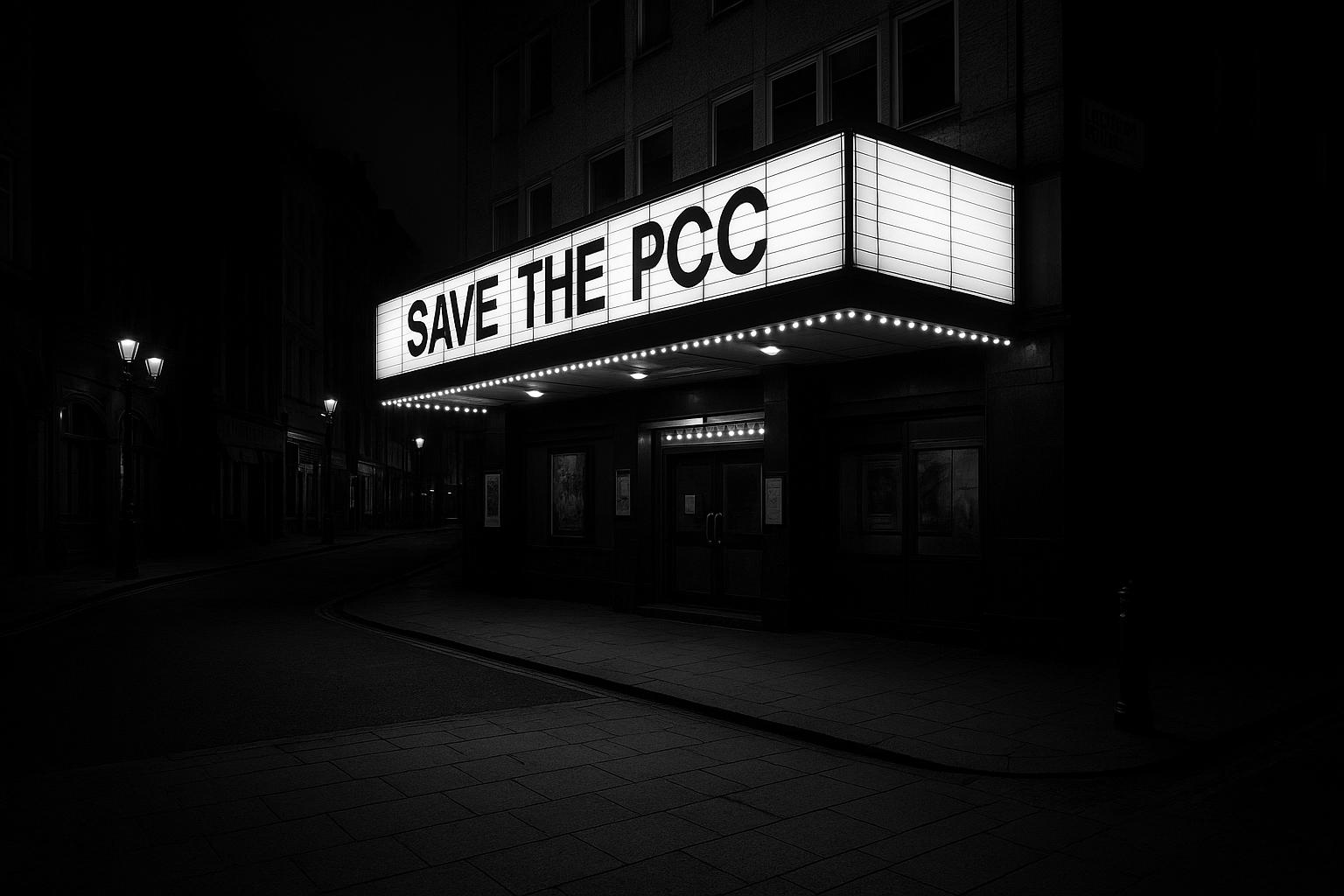When London’s Prince Charles Cinema speaks, it does so in bold letters across its marquee. Known for its eclectic programming ranging from cult classics to all-night horror marathons, the cinema is a cultural bastion in Leicester Square. However, it now finds itself in an existential fight as it faces potential closure due to punitive lease terms imposed by Zedwell LSQ Ltd, a subsidiary of billionaire property mogul Asif Aziz's Criterion Capital. The cinema's staff took to its marquee on January 28, sending out a clear message to patrons: “SAVE THE PCC.”
This marked the launch of a petition against the new demands from its landlord, which included a significant rent increase, a reduction in lease duration, and a break clause that would allow for eviction with just six months' notice should development plans come to fruition. Within a day of its release, the petition amassed over 100,000 signatures, highlighting the widespread support for this iconic venue. Notable figures from the film industry, including Christopher Nolan and Danny Boyle, voiced their concern, stating that the closure of such a beloved institution would detrimentally affect London’s film culture.
The matter has positioned Aziz, often referred to as “Mr West End,” under scrutiny. Previously dubbed “Britain’s meanest landlord” for actions taken during the pandemic, his reputation precedes him. While he has quietly amassed a £6 billion portfolio across prime London real estate, he appears unrelenting in his pursuit of profits, without much regard for the cultural fabric of the city. Notably, while the Prince Charles Cinema struggles, Criterion is also attempting to acquire the Central YMCA, suggesting a pattern where cultural staples may be transformed into profit-yielding ventures.
However, Aziz’s increasing prominence as a powerful landlord reflects broader issues beyond individual landlord-tenant disputes. The ongoing threat to the Prince Charles Cinema is emblematic of a larger crisis facing cultural spaces in London, driven by unbridled commercialism and the concentration of property ownership in the hands of a few. Critics argue that this trend leads to cultural homogenisation, as local businesses and independent venues face insurmountable challenges against escalating rents. Mike Raco, a professor of urban governance at University College London, remarks that London’s West End is being "hollowed out," as the city becomes a landscape where financial value outweighs cultural significance.
Amidst ongoing negotiations that have seen little resolution, Freedman described the process of dealing with Aziz's team as akin to bidding against oneself, with proposed figures bouncing higher and higher without any justification. As the deadline for lease negotiations draws closer, there's a palpable tension. Freedman’s efforts to secure a fair lease reflect a persistent struggle against larger forces at play. He also fears the repercussions of losing the cinema, claiming it would not only devastate a cherished venue but signify a loss of cultural diversity in London.
Aziz, for his part, maintains that the situation has been misrepresented. In a response to media inquiries, he insists that the Prince Charles was never acquired with the intent to shut it down, arguing that higher rents are merely reflective of market conditions. However, this stance has not eased community concerns, particularly given the cinema's longstanding historical and cultural significance.
The future remains uncertain. While Criterion has been accused of utilising “significant financial resources to intimidate” the cinema staff, the company counters that its rent demands are aligned with typical commercial practices. Asif Aziz's role in this unfolding drama has positioned him not just as a landlord but as an influential figure navigating a controversial landscape of urban development in one of the world's most dynamic cities. This saga, much akin to a modern-day “David vs Goliath,” continues to unfold, resonating deeply with locals who see their communities being transformed, often at the expense of cherished cultural institutions.
While the cinema continues holding strong, screening beloved films and seeking community support, the looming threat of closure highlights a critical crossroads for London’s unique spaces. It reflects an ongoing dialogue—one that questions how far the community is willing to fight to save what makes their city unique in an era increasingly dominated by commercial interests.
📌 Reference Map:
- Paragraph 1 – [1], [3]
- Paragraph 2 – [1], [2], [4]
- Paragraph 3 – [1], [6]
- Paragraph 4 – [7]
- Paragraph 5 – [5]
- Paragraph 6 – [2], [6]
- Paragraph 7 – [1], [3]
Source: Noah Wire Services
